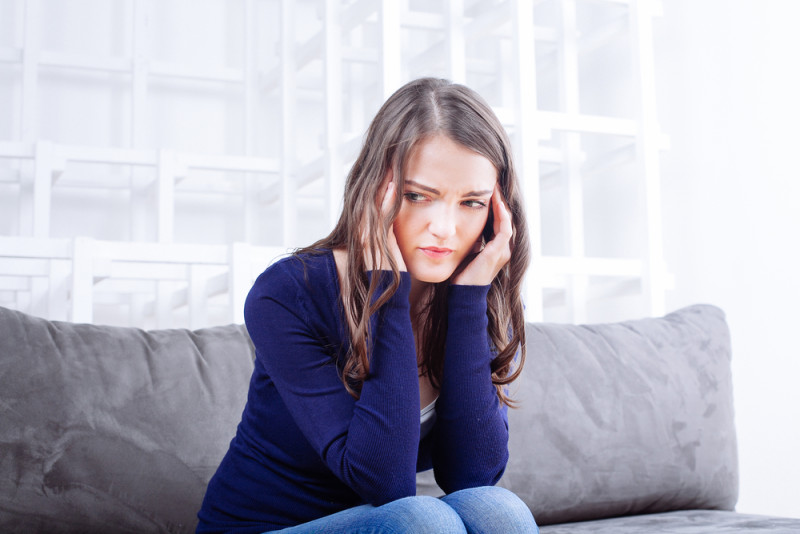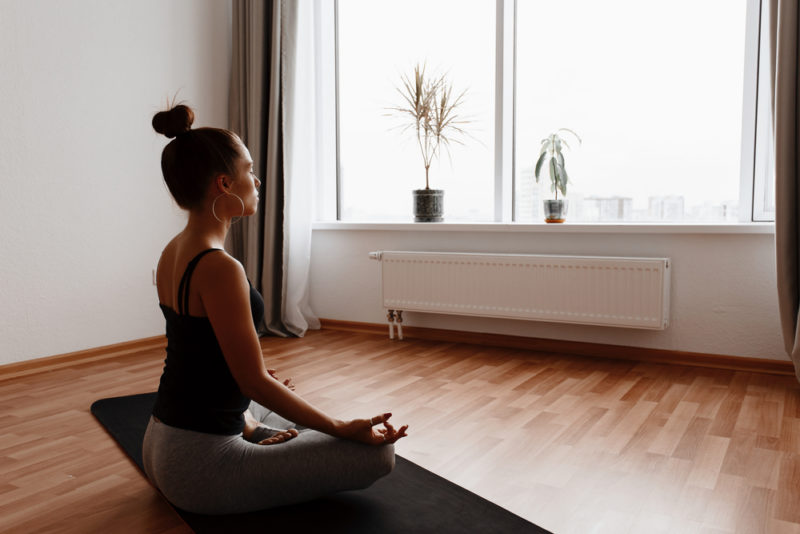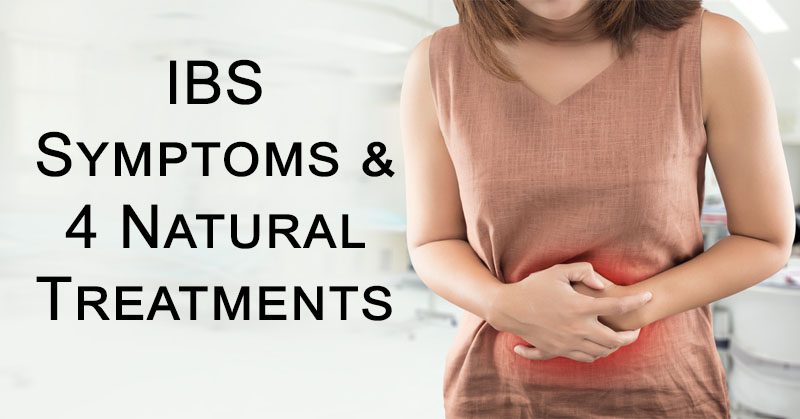Irritable Bowel Syndrome, commonly called IBS, is a disorder that affects the large intestines, often characterized by abdominal pain and discomfort. Today, IBS affects between 25 and 45 million people in the United States, with symptoms ranging from mild to severe. (1) Fortunately, learning more about IBS symptoms and treatment may help you find a natural remedy that works to soothe your IBS symptoms.
IBS Symptoms
So you may think you’re alone in your suffering, but as you saw, millions of Americans are suffering, too. In fact, many IBS symptoms may happen daily, and unfortunately, most people won’t make the connection until their condition affects other parts of life.
To give you an idea, here’s a list of common digestive complaints often linked to IBS: (2)
- Changes in normal bowel movements
- Constipation
- Diarrhea
- Changes in the texture and appearance of stools
- Stomach bloating
- Gas and burping
- Abdominal pains, aches and cramps
- Nausea
- Heartburn or acid reflux
- Feeling full easily or loss of appetite

But IBS symptoms may also include the following:
- Anxiety
- Depression
- Trouble sleeping or fatigue
- Headaches
- An unpleasant taste in the mouth
- Muscle aches, especially in the lower back
- Sexual problems, reduced libido
- Heart palpitations
- Frequent or urgent need to urinate

While the exact causes of IBS differ for every person, there are certain risk factors that can lead to IBS. For example, some researchers believe that the underlying cause may be abnormal functioning of the nerves, enzymes, and muscles within the digestive tract. However, certain lifestyle factors can also contribute to the condition. (3)
IBS Causes
What triggers IBS? Well, if the researchers above are right, then it’s abnormal digestion. But can lifestyle factors play a role? Yes! Keep an eye on your IBS symptoms and see if these triggers affect you. And of course, if IBS runs in the family, then you need to be extremely careful about your diet and lifestyle.
- Food sensitivities or allergies
- Chronic stress
- Traveling
- Changes in sleep routine
- Hormonal imbalances or hormonal changes
Natural Treatments For IBS
1. Avoid Common Allergens and Inflammatory Foods

Common allergens can trigger IBS symptoms in many people who suffer from the condition. In some, carbohydrates known as FODMAPS are a common problem. (4) Consider trying an elimination diet to pinpoint which foods trigger your IBS. Cut out:
- Conventional, pasteurized dairy
- Gluten
- Added sugar and refined flour
- Caffeine and alcohol
- Common allergens such as eggs, nuts and shellfish
- Spicy foods
- FODMAP grains, veggies and fruit including apples, avocados, onions, garlic and broccoli
Also consider trying an IBS diet to help with symptoms.
2. Take Helpful Supplements

There are several supplements that have proven helpful for combating IBS symptoms in males and IBS symptoms in females. (5) Try taking:
- Probiotics – Probiotics help fill the gut with beneficial bacteria that supports a healthy digestive system. Take 50-100 billion units a day.
- Digestive Enzymes – Taking two digestive enzymes before each meal can help control stomach acid and aid in proper digestion.
- L-glutamine – L-glutamine is an amino acid that helps repair the digestive tract. It’s especially beneficial for people with leaky gut syndrome. Take five grams twice a day.
- Aloe Vera – Aloe Vera juice can help naturally control IBS symptoms like constipation. Drink 1/2 cup three times daily.
- Herbs – Adaptogen herbs are known to help reduce stress and lower the effects of hormonal imbalance. Try ginseng, holy basil, licorice root and ashwagandha.
3. Lower Stress Levels

Stress can disrupt hormone levels, cause inflammation in the body, and disturb digestion. Therefore, lowering your stress levels can help naturally soothe your IBS symptoms. Find a healthy, stress-relieving activity that you enjoy to lower your stress levels and better manage IBS symptoms.
4. Exercise
A study published in the American Journal of Gastroenterology found that increasing physical activity improves GI symptoms that are associated with IBS. (6) Exercising on a regular basis can also help lower your stress levels and support a proper hormonal balance. Try both more active exercises, as well as gentle movements like yoga or Tai Chi.


